Tashkent is hosting an International Conference “Central and South Asia: Regional Connectivity, Challenges and Opportunities” on 15-16 July.
Foreign ministers from the countries of Central Asia and South Asia will attend, including the Prime Minister of Pakistan, the foreign minister of India and the President of Afghanistan Ashraf Ghani, as well as Russian foreign Minister Sergei Lavrov and US representatives at a lower level. According to information obtained by EURACTIV, the EU foreign affairs chief Josep Borrell will lead a strong delegation.
The security situation in Afghanistan has been deteriorating since the US and its NATO allies withdrew their troops after more than 20 years of commitment. The Afghan government and Taliban negotiators have been meeting in Qatar’s capital Doha to discuss the post-NATO modus vivendi, but the results look uncertain.
Besides bringing forward regional cooperation, the conference is “an opportunity at this particular point in time to reaffirm the support of the international community to a credible peace process in Afghanistan”, said Philippe van Amersfoort, the deputy head of the EU diplomatic service’s Central Asia division.
The conference will be important for Afghanistan at a “critical time”, agreed Štefan Füle, former European Commissioner for enlargement, now a consultant for Uzbekistan’s president Shavkat Mirziyoyev.
“At a time when we’re leaving Afghanistan militarily [it is important] to reassure Afghanistan but also the countries around that they will not be alone in tackling the challenges, which are I’m sure about to come,” he added.
Signs are emerging that the challenges are already here. Some Afghan security personnel is fleeing the country as a result of the Taliban militant advances, last week leading to Tajikistan ordering the mobilisation of 20,000 military reservists to bolster border security.
Meanwhile, the region is already reeling from border clashes from last April between Tajikistan and Kyrgyzstan over scarce water resources and an undelimited border, an endemic issue since the collapse of the Soviet Union.
The escalation in violence raised concern in Brussels, which then offered to assistance.
Geopolitics and stability dividends
Moreover, the event matters because “it will be not focused on China, that it’s not on the China’s Belt and Road Initiative because this is not the time to impose anyone’s rules on how the connectivity should look like and it’s up to Central Asia and it’s up to the South Asia to determine scopes of ambitions here”, Füle said.
The European Union is set to bring its offer to the table and “put forward an attractive selling proposal”, said van Amersfoort, without mentioning China’s geopolitical project that has raised alarms in the West over Beijing’s growing global influence.
The European Union is already Central Asia’s top trading partner, ahead of Russia and China, and is the source of 40% of all foreign direct investment.
However, finding the right amount of financing from the private sector for roads and rail will still not be an easy task. The region will need €450 billion of infrastructural investments by 2030 while looking at an investment gap of 5% of regional GDP, 60% if which will have to come from private investors, Asian Development Bank estimates show.
European External Action Service ambassador for connectivity, Romana Vlahutin said that from the EU perspective, the regional dimension of cooperation and the security dimension are essential. “If you want to attract large scale private investment, it cannot happen unless the space within which they will operate is predictable.”
According to Vlahutin, “managed interdependence really brings huge stability dividends.”
Connectivity carries a strong foreign policy element and can be a “game changer”, agreed Stefania Benaglia, associate researcher at the CEPS Brussels-based think tank.
“The EU has always known as its [connectivity’s] potential internally but as a foreign policy new tool is learning how to leverage and use it just more recently”, she said.
Nevertheless, the European bloc has a long way to go in figuring out how to use this tool.
The researcher said the EU could either approach connectivity investments on a project-by-project basis, leaving the private sector in the driver’s seat or alternatively help create an innovative financial system that drives the growth and generates the returns.
The former “won’t attract the bulk of the industry, which is rather interested in a sustainable long-term engagement,” Benaglia pointed.
Rather, the bloc should engage systemically because despite the risks involved “it could set the EU as a global actor on a different trajectory, because let’s also not forget that the EU is pretty much learning now, how to become a global actor”, the researched argued.
Communicating its own goals in the region for is likely to be the EU’s biggest challenge, in Benaglia’s view.
“Because the EU honestly speaks its own language, and mostly talks to itself,” she said, adding “communicating its priorities, intentions, objectives to its own citizens, and also to other citizens of its partner countries is still a challenge.”
Eyes on Uzbekistan
The host of the conference can be a good starting point for the EU’s ambition.
Following the death of the independent Uzbekistan’s first leader Islam Karimov in 2016, his successor Shavkat Mirziyoyev has opened up the country to the world, which has become a game-changer for the region.
“We’ve seen some new momentum in regional cooperation in Central Asia, in particular lead by Uzbekistan’s reform process and opening up that has generated interest in enhancing connectivity and developing cooperation within the region”, said Philippe van Amersfoort said.
The EU has already accepted Uzbekistan as the 9th beneficiary its special incentive trade arrangement for sustainable development and good governance (GSP+) in April, representing full removal of tariffs on two-thirds of all goods.
Tashkent and Brussels are also currently negotiating a new bilateral trade agreement, the Agreement on Enhanced Partnership and Cooperation (EPCA).
(Edited by Georgi Gotev)
By Vlagyiszlav Makszimov

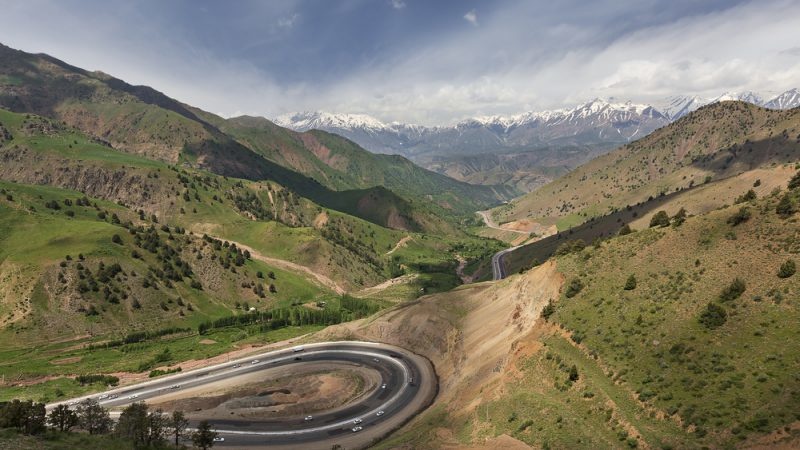
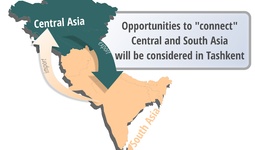
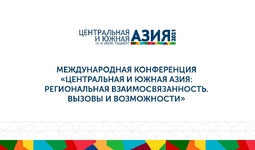
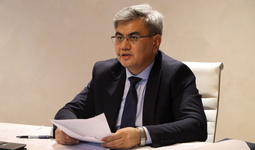
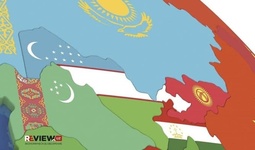
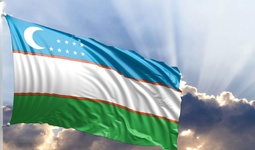
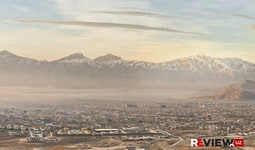













leave a comment